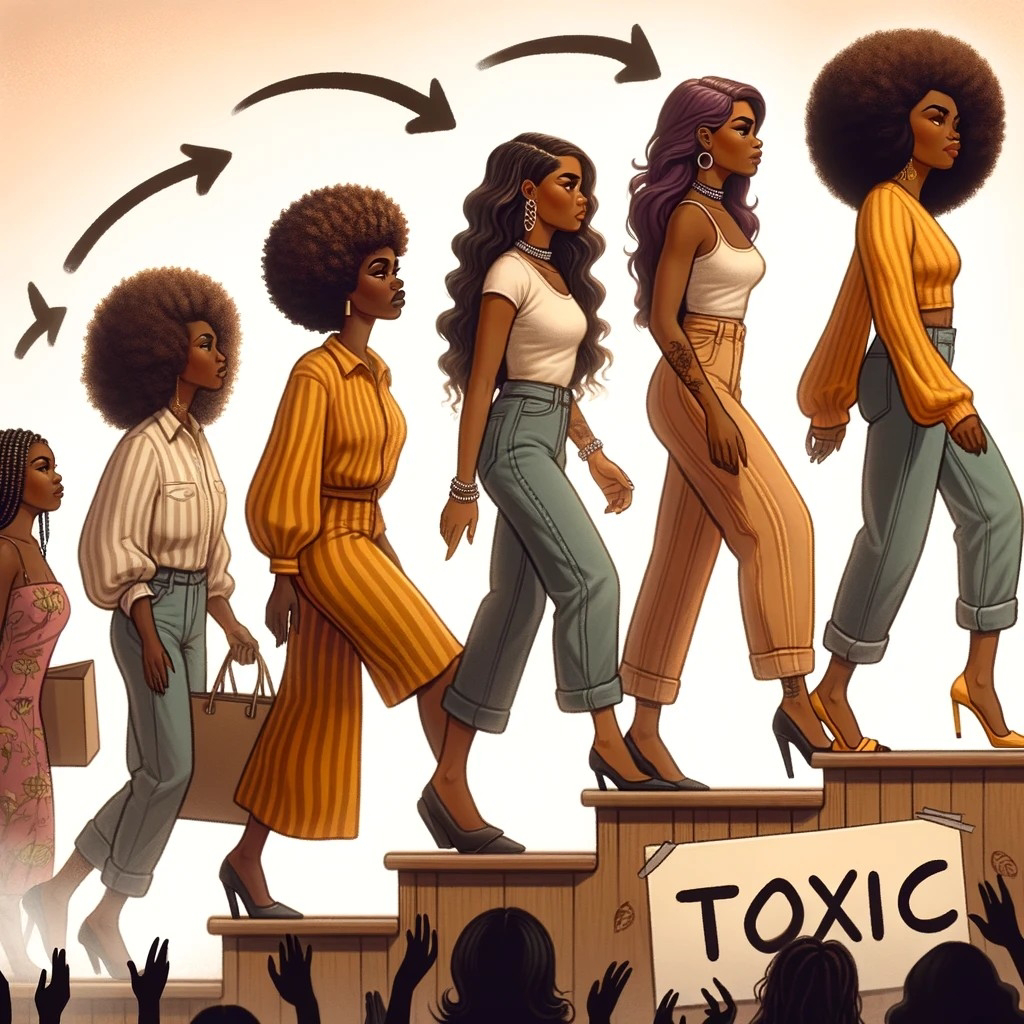Toxic friendships can have a profoundly negative impact on one's mental health, self-esteem, and overall well-being. Characterized by patterns of manipulation, negativity, and emotional drain, these relationships are far from the supportive and uplifting connections that true friendships ought to be. Recognizing the toxicity in a friendship is the first step towards reclaiming your peace and well-being. However, extricating oneself from such relationships requires careful consideration and tact, especially when aiming to minimize conflict and avoid further abuse or accusations.
Recognizing Toxic Friendships
Toxic friendships often involve an imbalance of power, where one person consistently feels undermined, criticized, or demeaned. These relationships may also lack mutual support, with one party always taking and never giving. Recognizing these signs is crucial in acknowledging the need for change.
Strategies for Disengagement
1. **Gradual Distancing**: Abruptly ending a friendship can lead to conflict; hence, gradually reducing your interaction can be a less confrontational approach. Limiting the time spent together and decreasing the frequency of communication can naturally cool off the relationship without a dramatic confrontation.
2. **Set Clear Boundaries**: Establishing and maintaining firm boundaries is vital. Communicate your needs and limits in a clear, assertive manner. For example, if you're uncomfortable with certain topics of conversation, express this openly.
3. **Seek Support**: Having a network of supportive friends or family members can provide emotional backing and perspective during this time. If the situation escalates or becomes emotionally overwhelming, consider seeking professional help from a counselor or therapist.
4. **Avoid Public Confrontations**: Address issues privately to prevent escalating emotions and to avoid drawing others into the conflict. Public confrontations can lead to misunderstandings and can exacerbate the situation.
5. **Use "I" Statements**: When expressing your feelings, focus on your experiences rather than accusing the other person. For instance, say, "I feel overwhelmed when..." instead of "You always make me feel...". This approach can minimize defensiveness and clarify that the decision to distance is about your needs.
6. **Prepare for Backlash**: The other party may not react positively to your distancing. Prepare yourself emotionally for potential backlash, and remain firm in your resolve. Remember, you are prioritizing your well-being.
7. **Focus on Self-Care**: As you navigate this challenging process, ensure that you are taking care of your mental and physical health. Engage in activities that uplift you and reinforce your decision to remove negativity from your life.
8. **Embrace Positivity**: Surround yourself with positive influences and seek out friendships that enrich your life. Positive relationships are characterized by mutual respect, support, and genuine affection.
In conclusion, leaving a toxic friendship is a difficult, yet brave step towards safeguarding your emotional health. It's about recognizing your worth and refusing to allow negative dynamics to drain your energy and joy. While the process may be fraught with challenges, the freedom and peace that come with removing yourself from toxic situations are invaluable. Remember, true friendships should bring out the best in you, offering support, understanding, and joy, not constant strife and negativity. Prioritizing your well-being and seeking out healthier relationships is not just a right but a necessity.

Comments
Post a Comment